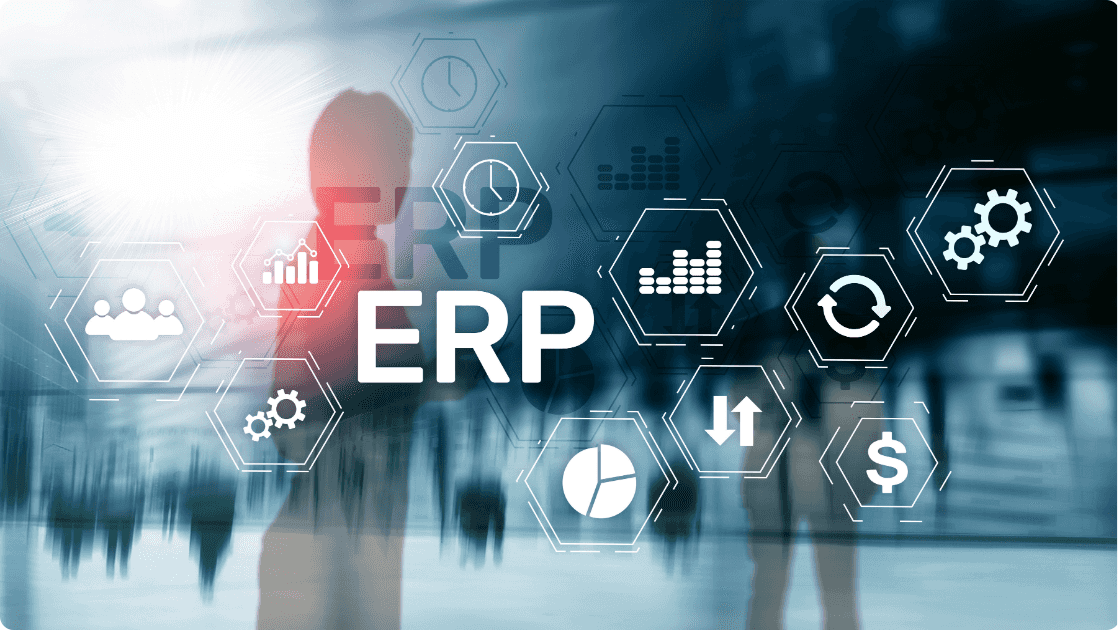In the realm of real estate management, efficiency, and precision are paramount. With the advent of ERP systems, and enterprise resource planning systems, the landscape of real estate operations has undergone a transformative shift. No longer are real estate professionals bound by cumbersome manual processes and disjointed systems. Instead, they now have access to a comprehensive suite of tools and functionalities that streamline operations, enhance decision-making, and drive growth.
Understanding ERP Systems
ERP systems are sophisticated software solutions that integrate and automate core business processes across various departments within an organization. In the context of real estate, these systems play a pivotal role in managing everything from property acquisitions and leasing agreements to financial transactions and tenant interactions. By centralizing data and workflows, ERP systems provide a unified platform for real estate professionals to effectively manage their operations and maximize efficiency.
Key Features and Functionalities
Property Management
At the heart of any real estate business lies its property portfolio. Managing these assets effectively is crucial for maximizing returns and ensuring tenant satisfaction. ERP systems offer a range of features tailored specifically for property management, including lease administration, maintenance tracking, and tenant communications. By consolidating all relevant information into a single database, these systems enable real estate professionals to make informed decisions and optimize property performance.
Financial Management
Financial transparency and accuracy are essential in the real estate industry, where every dollar counts. ERP systems provide robust financial management functionalities, allowing users to track income and expenses, manage budgets, and generate detailed financial reports. With features such as automated invoicing and billing, real-time financial data updates, and built-in audit trails, these systems empower real estate professionals to maintain a clear view of their financial health and make informed strategic decisions.
CRM Integration
Building and maintaining strong relationships with clients and tenants is critical for success in real estate. ERP systems often include Customer Relationship Management (CRM) modules that enable users to track interactions, manage leads, and nurture customer relationships. By integrating CRM functionality with other aspects of the business, such as property management and financial tracking, these systems provide a holistic view of client interactions and preferences, allowing real estate professionals to deliver personalized service and enhance customer satisfaction.
Reporting and Analytics
In today's data-driven world, access to actionable insights is invaluable. ERP systems offer robust reporting and analytics capabilities that allow users to generate custom reports, analyze trends, and identify opportunities for improvement. Whether it's tracking occupancy rates, monitoring rental income, or assessing market trends, these systems provide real-time access to critical data, empowering real estate professionals to make data-driven decisions and drive business growth.
Benefits of Implementing ERP Systems
Improved Efficiency and Productivity
By automating routine tasks and streamlining workflows, ERP systems significantly improve operational efficiency and productivity. With features such as workflow automation, task scheduling, and document management, these systems eliminate manual errors and reduce the time and effort required to perform day-to-day tasks. Real estate professionals can focus their time and energy on high-value activities, such as client engagement and strategic planning, leading to increased productivity and better business outcomes.
Enhanced Decision-Making
Access to timely and accurate data is crucial for making informed decisions in the fast-paced real estate industry. ERP systems provide real-time visibility into key performance metrics, enabling real estate professionals to track property performance, monitor financial health, and identify areas for improvement. With customizable dashboards, interactive reports, and predictive analytics capabilities, these systems empower users to make data-driven decisions that drive business growth and success.
Scalability and Flexibility
As real estate businesses grow and evolve, they need software solutions that can adapt to changing needs and scale with their operations. ERP systems are designed to be scalable and flexible, allowing businesses to add new users, modules, and functionalities as needed. Whether it's expanding into new markets, acquiring additional properties, or diversifying into new business lines, these systems provide the agility and scalability to support business growth and expansion.
Regulatory Compliance
The real estate industry is subject to a myriad of regulations and compliance requirements, from lease accounting standards to data privacy regulations. ERP systems help real estate businesses ensure compliance with these regulations by providing robust compliance management tools and features. With built-in audit trails, security controls, and regulatory reporting capabilities, these systems enable businesses to maintain compliance with ease, reducing the risk of penalties and fines.
Case Study: Oracle Real Estate Management
Oracle Real Estate Management is a comprehensive ERP system designed specifically for real estate professionals. With features such as lease administration, financial management, and property tracking, Oracle Real Estate Management provides a centralized platform for managing all aspects of real estate operations. By integrating with other Oracle applications, such as Oracle Financials and Oracle CRM, this system offers seamless integration and enhanced functionality, enabling real estate professionals to streamline operations, improve efficiency, and drive growth.
Conclusion
In conclusion, ERP systems have emerged as indispensable tools for empowering real estate businesses to thrive in today's competitive market. With their comprehensive features and functionalities, these systems provide a unified platform for managing all aspects of real estate operations, from property management to financial tracking to customer relationship management. By embracing the transformative power of ERP systems, real estate professionals can improve efficiency, enhance decision-making, and drive business growth and success.
Further reading
- How to Start Implementing Oracle ERP Systems in Egypt
- Cloud-Based ERP Solutions: An Overview of Oracle Fusion Cloud ERP for Businesses in Egypt and KSA
- Leading ERP Software Companies in Egypt and KSA | ERP Solutions
Ready to find out more?

